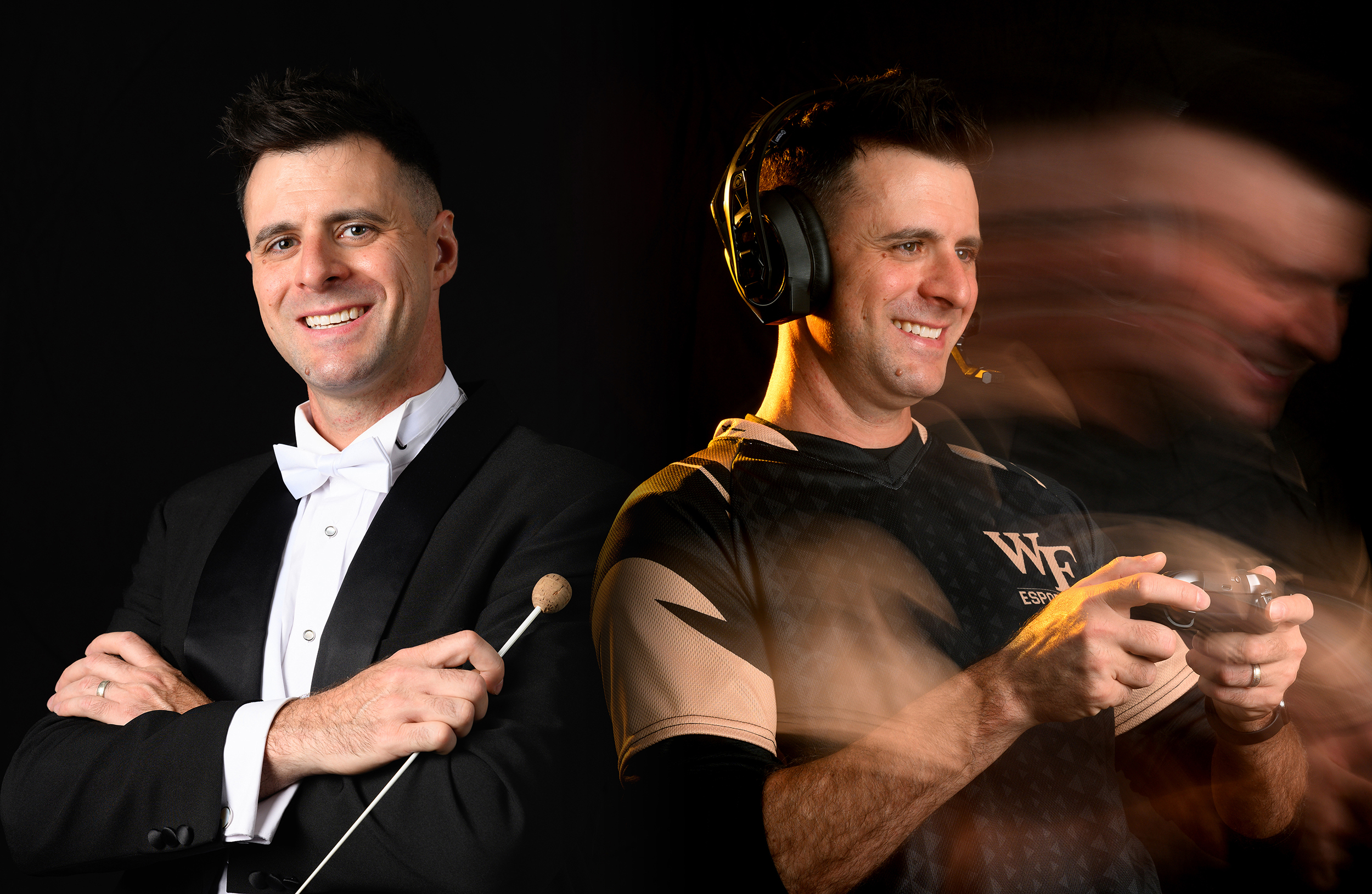Experts
-
Multitasking? Maybe not.
In an era where everyone seems to be doing two things at once, Wake Forest University psychology professor Anthony Sali is working with neuroscience experts to learn more about how the brain works. By studying the nervous system, including the brain, spinal cord, and peripheral nerves, new findings debunk the myth of multitasking. The biggest…
Categories: Experts -
Teens aren’t the problem. Stereotypes are.
Teenagers are often seen as moody, rebellious and overly focused on what their peers think. Wake Forest Psychology Professor Christy Buchanan says these stereotypes can hinder good parenting and negatively affect parent-teen relationships. Buchanan, a developmental psychologist, has spent years researching parenting beliefs and practices. Her research suggests that negative stereotypes about adolescents can lead…
-
Pope Leo XIV is Augustinian: WFU expert can provide context
The newly elected pope, Leo XIV, previously led the Order of St. Augustine and identifies as an Augustinian. What does that mean? Understanding St. Augustine and his intellectual and spiritual influence can provide important context for the upcoming papacy. A Wake Forest University professor can offer insight on the teachings of a man who lived…
Categories: Experts -
The plastic problem: How to solve it
Plastic is a product that is ubiquitous in today’s society, says Sarah Morath, Wake Forest professor of law and author of the book “Our Plastic Problem and How to Solve It.” The World Bank estimates that every person on the planet generates an average of 1.6 pounds of plastic waste daily. Morath explains the extent…
-
There’s a name for that feeling of not being able to get your bearings in an uncertain world: Zozobra
Understanding the word “zozobra” and the insights of Mexican philosophers behind it may help bring people together and create community during times of uncertainty. Associate Professor of Philosophy Francisco Gallegos, who studies the philosophy of emotions, says zozobra names the feeling of disorientation many have felt in response to disruptive political and social changes. Gallegos,…
Categories: Experts -
Symphony orchestras should be playing video game music, here’s why
Gaming continues to grow among people of all ages and backgrounds and represents (as of 2022) a $85 billion industry in the U.S. alone. It is projected to reach a worldwide revenue of $533 billion by 2027. J. Aaron Hardwick’s research on gaming music suggests performance of video game music by symphony orchestras has and…
Categories: Experts -
Is America in a housing crisis?
Is America currently in a housing crisis? Sherri Lawson Clark says individuals at all economic levels—from homeless populations to middle-income homeowners are struggling with affordability. A contributor to the 2020 national report Displaced in America, Clark’s research examines the intersections of housing policy with health and welfare policies. She is developing a new housing stability…
Categories: Experts -
Why eliminating the penny makes sense
For more than two decades, economics professor Robert Whaples has advocated for an end to the penny. In 2007, when he published an article about the imperative to eliminate America’s one-cent coin, Whaples received a personal note from Paul Volcker, the former chairman of the Federal Reserve: “Get it done, and you will deserve the…
Categories: Experts -
WFU Orchestra Director to lead Munich Radio Orchestra in program featuring video game music
Orchestra Director and Assistant Teaching Professor of Music J. Aaron Hardwick will lead the Münchner Rundfunkorchester (Munich Radio Orchestra) in a performance of “Let’s Play,” a concert dedicated to video game music, on Wednesday, Feb. 12. The concert, to be broadcast live via the Bayerischer Rundfunk (BR) network, will showcase the evolving landscape of classical…
-
Center for Functional Materials Research Day celebrates innovation and collaboration
On a Friday afternoon, more than 100 scientists, across several disciplines, gathered to share ideas and innovations around their common interest—materials research. About 30 Wake Forest students and faculty members presented posters on their diverse research successes in Benson University Center for the Center for Functional Materials Research Day. “One area of our research lab…










